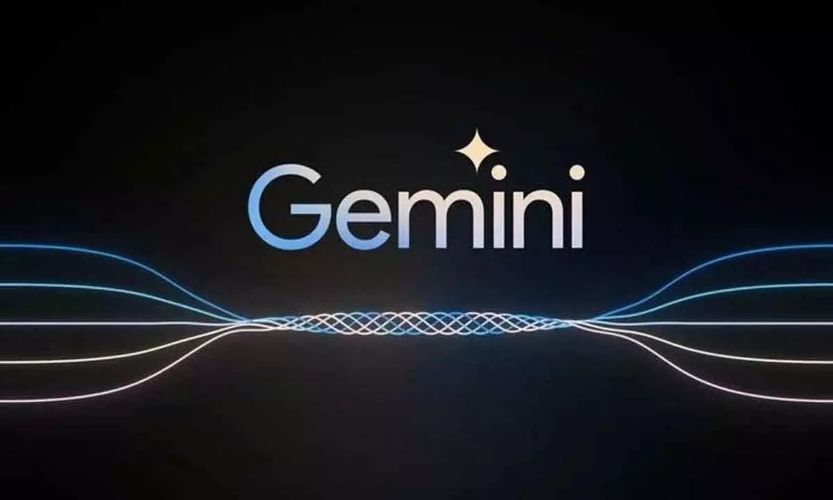Google has confirmed that Android enthusiasts and developers who unlock their phone's bootloader for rooting or installing custom ROMs will lose access to Google's on-device AI model, Gemini Nano.
Google tightens restrictions on bootloader-unlocked phones for Gemini Nano
The change was spotted first by AssembleDebug in a documentation for ML Kit's GenAI Summarisation API. In it, Google explicitly states that if a device's bootloader is unlocked, developers will receive a FEATURE_NOT_FOUND error when trying to access the API.

By preventing Gemini Nano from running on a compromised or modified system, Google aims to ensure the integrity and security of its AI model. However, this decision will make it even more difficult for power users who like Google's on-device AI features to switch to a custom OS.
This practice in the Android ecosystem doesn't come as a surprise. Manufacturers have traditionally disabled certain features on devices with unlocked bootloaders, primarily for security reasons.
For those unaware, Google nerfed custom ROM development significantly with its latest decision to not publish device trees and driver binaries starting Android 16. Besides, sideloading Android apps will get difficult too, as developers will be asked to pay and identify themselves for users to be able to sideload their apps.
While Google continues to push design and feature boundaries for end-users, it seems to be making it extra difficult for developers. While the Gemini Nano restriction is pretty understandable, it contributes to a clear trend of the Android ecosystem becoming more closed, creating new challenges for the developer and enthusiast community.



























